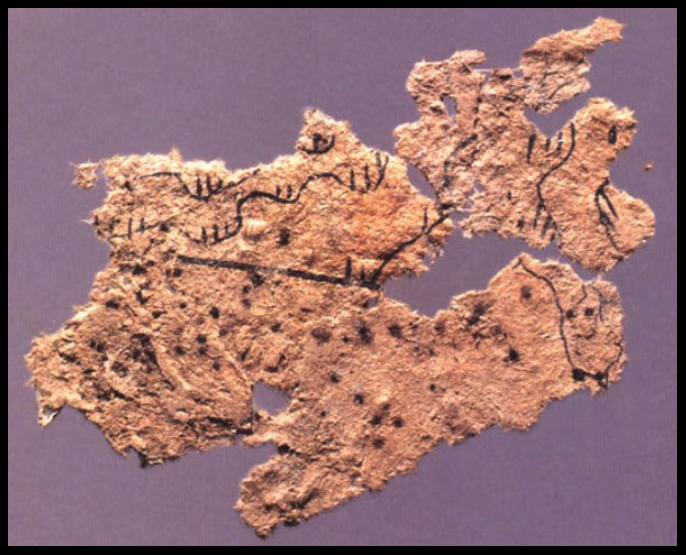Ice ice baby...
- VANDA MILLER
- May 23, 2023
- 2 min read
The Cracked Ice screen is a late 18th-century low two-fold Japanese screen (byōbu) intended for use at the Japanese tea ceremony. It was created in the Edo period and is created by the artist, Maruyama Ōkyo (1733–1795), founder of the Maruyama school of realist painting.
Now while Okyo started a school of realism, this piece of work can very seriously be considered a piece of abstract art.
Okyo studied Chinese, European and Japanese art when he moved to Kyoto and he lived in one of the most isolated and distilled societies on earth.
The first piece of recognised European abstract art is said to have come from Wassily Kandinsky, long regarded as the pioneer of European abstract art with his first abstract picture painted in 1910.
In the early 1900s, Cezanne is considered by a lot of European art opinion as the father of modern art around the same time.
And Goya is arguably the father to both of the both. As, according to many, the founder of Expressionism and modern art at the end of the Spanish Napoleonic wars, he was trying to make sense of the horrors he saw.
I would argue however that no-one can definitively say who the father of abstract art actually is. Okyo's work is in the 1700s - long before either Kandinsky or Cezanne but you could go back to the stylisation of the cave paintings of Neolithic man in Spain. Or you could go to Aboriginal art. Or even to art that has been lost to time, for example the supposed works from early China when art was painted on fragile materials such as bamboo.
It’s all art. Its beginnings may be unknown and its ownership is always challengeable. And most thoughtful opinion has some merit.












Comments